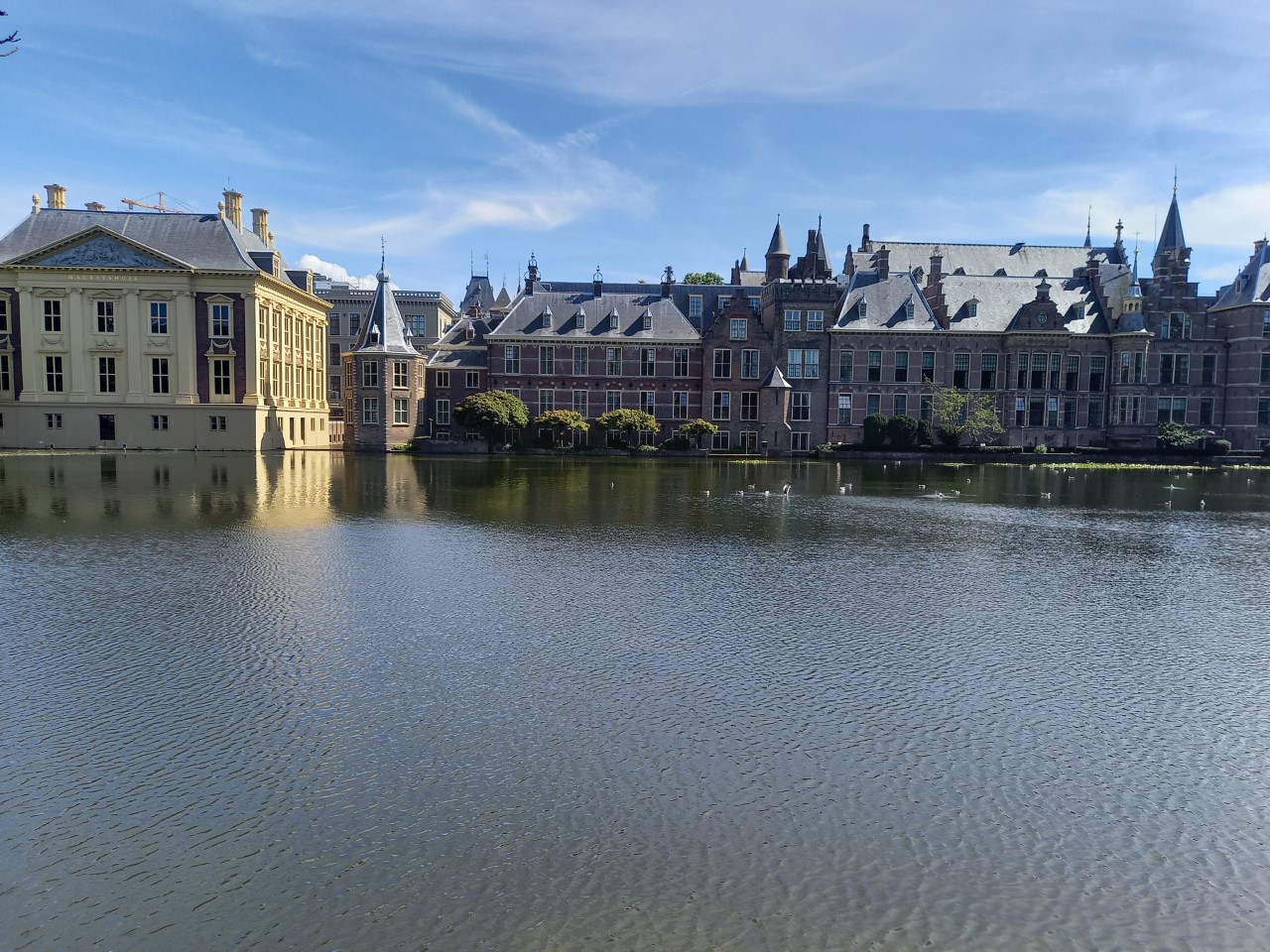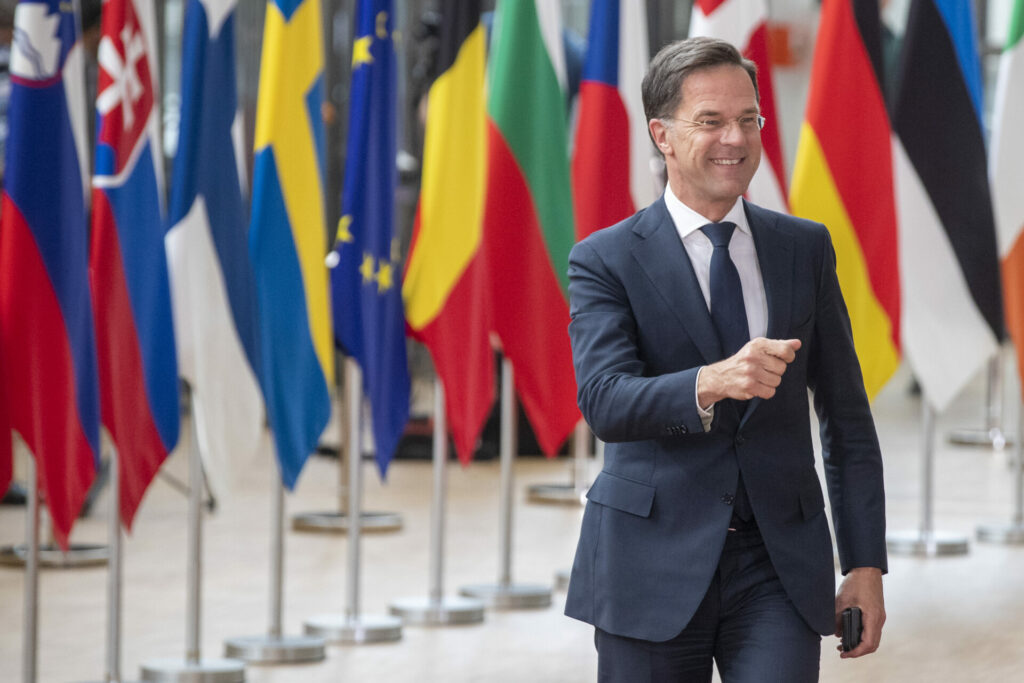Mark Rutte became the longest-serving Dutch Prime Minster on Tuesday – evidence not only of his will to lead but also his political nous and ability to navigate contentious issues, for which he has gained the name 'Teflon Mark' as scandals don't stick to him.
"It’s the greatest job in the world, an unbelievable honour. I must say that there are now a large number of puzzles on my desk, but these things happen," Rutte said late in July as the Dutch political landscape departed for the summer recess, according to AFP.
The Dutch leader still appears hungry for the job even after 4,311 days – almost 12 years – since becoming Prime Minister in October 2010. Despite the milestone, which he didn't celebrate, tensions are rising in the Netherlands and the popularity of his liberal-conservative VVD party is waning.
Not without critics
Many Dutch voters are tired of their leader but there is no clear alternative. "It’s been one problem after the next and people are upset," said Mariken van der Velden, assistant professor of political communication at Amsterdam’s Free University, in Euractiv.
Rutte's premiership has been marked by a series of crises. Most recently, his government wanted to cut nitrogen pollution – a decision that sparked furious demonstrations by farmers who caused chaos by blocking roads and highways with tractors and chucking waste (such as manure) on roads.
Related News
- Di Rupo and Rutte endorse a Dutch-Walloon roadmap
- Dutch PM Mark Rutte blasted for deleted messages in 'Nokiagate'
- Burning hay, tractor blockages: Farmers protest shocks the Netherlands
However, the fragmentation of Dutch politics works to Rutte's advantage. Though his support base is declining, the splintered political landscape has undermined opposition as well, according to political scientist André Krouwel of the Vrije Universiteit Amsterdam.
"Rutte became prime minister by default because of the failure of others not because of his own achievements – just because the other (political parties) crumbled more than the VVD did," Krouwel told AFP. Rutte won a power struggle in his own party at a time when traditional parties in Dutch politics – Christian Democrats and Social Democrats – were falling apart.

Government offices in the Hague, the Dutch 'capital'. Prime Minister Mark Rutte's office is located in the small tower. Credit: The Brussels Times
His premiership has not been without scandal; in one particularly divisive episode, thousands of families were thrown into debt after being wrongfully accused of child benefit fraud. Rutte's third coalition quit over the scandal yet he made a comeback in a general election just weeks later in March 2021.
A smooth operator
Behind the scenes, Rutte is considered a political player able to mediate between EU leaders. But as one of the EU's 'frugal four', he has been caught in tensions between Europe's north and south.
Van der Velden said that Rutte has crucial skills that allow him to weather a crisis: "Play for time, allow others to take blame and wait for popular opinion to solidify around solutions before backing them himself," she said in Euractiv.
Others accuse him of glibness and lying to lawmakers, but at the same time, he is a leader who is able to get things done: "These two elements make him a difficult player to beat."
Among the EU27, Rutte is the second longest-serving elected leader, only outdone by Hungary’s Viktor Orban.

